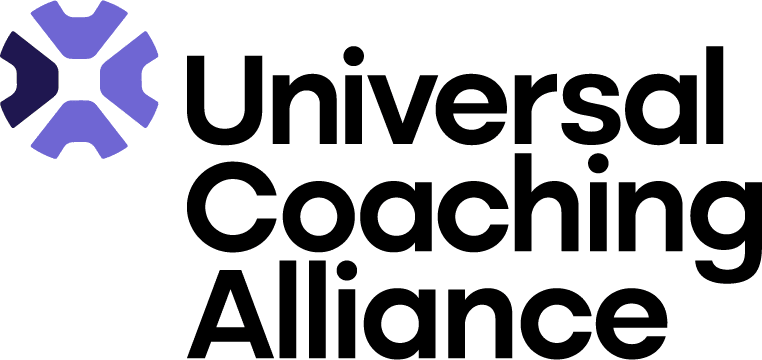Why a coach is the ideal person to disclose to and how they can be a crucial lifeline in someone’s journey to safety and autonomy
Domestic abuse is rarely spoken of in business environments. However, far from being a problem confined to the home, it spills over to workplaces too. 75% of those affected have been targeted at the workplace, although only 5% of companies have a policy or plan to manage that.
Globally, domestic abuse affects 1 in 3 women and 1 in 7 men.
Given its prevalence and in light of these statistics, it is therefore extremely likely that as a coach you have already been working with someone experiencing domestic abuse.
Domestic abuse, in all its forms including physical and psychological, is a crime in most jurisdictions. It remains one of the most widespread – yet invisible – abuses of human rights on the planet. 94% of domestic abuse incidences are perpetrated by men against women. In the US, the Violence Against Women Act of 1994 and its subsequent renewals provide for the investigation and prosecution of violent crimes against women. In 2006 the United Nations declared that ‘violence against women and girls is a problem of pandemic proportions’. As of January 2024, every EU Member State has signed up to the Istanbul Convention which aims to create a legal framework to protect women against all forms of violence via Prevention, Protection, Prosecution and co-ordinated Policies.
Many of these initiatives include efforts to raise awareness in all sections of society so that victims can be helped along their journey to safety and autonomy, while survivors are supported in the long recovery period where they re-design and re-establish their lives in a way that ensures continues freedom and safety.
Coaches, in their privileged position as trusted confidantes, are highly likely to receive a disclosure of domestic abuse. In addition, a coach who has undertaken rigorous training and ongoing supervision to ensure their coaching practice remains non-judgmental, supportive, mindful and client focused is an ideal person for a person to disclose to. Coaching in its purest form facilitates clients to take their own unique journey – at their own pace – through their mind, releasing restrictive subconscious beliefs and enhancing their ability to imagine a brighter future. A life free from control and domestic abuse is one of the brightest futures possible.
You could be a crucial link in the lifeline of someone who is embarking on that journey.
As a coach or someone who is starting to build a coaching practice, it’s vital that you are prepared for such a disclosure so that you will not only respond appropriately but use all your coaching skills and competencies to empower your client to build confidence, envision a brighter future and plan the steps towards a life of safety, freedom, autonomy and happiness.
Next Steps:
Events:
Please click on the following Link to Register for this 2 part Event ‘How to Recognise a Domestic Abuse Disclosure in your Coaching Session’ taking place on:
Tuesday 11th June and Tuesday 10th September at 14:00-15:00
Click Here To Register For This Event
Resources:
Podcast – https://www.lra.org.uk/resources/podcast/domestic-violence-and-abuse-podcast
Book – ‘Get Out, Get Love: What everyone should know in, and after, abusive relationships’ by Craig Newman.
Visit – short clip from UN Women
Visit – Istanbul Convention mentioned in the Blog content
Self-Development:
Self-Reflection Exercise: Complete your learning log on this subject, identifying your learning from this article.
